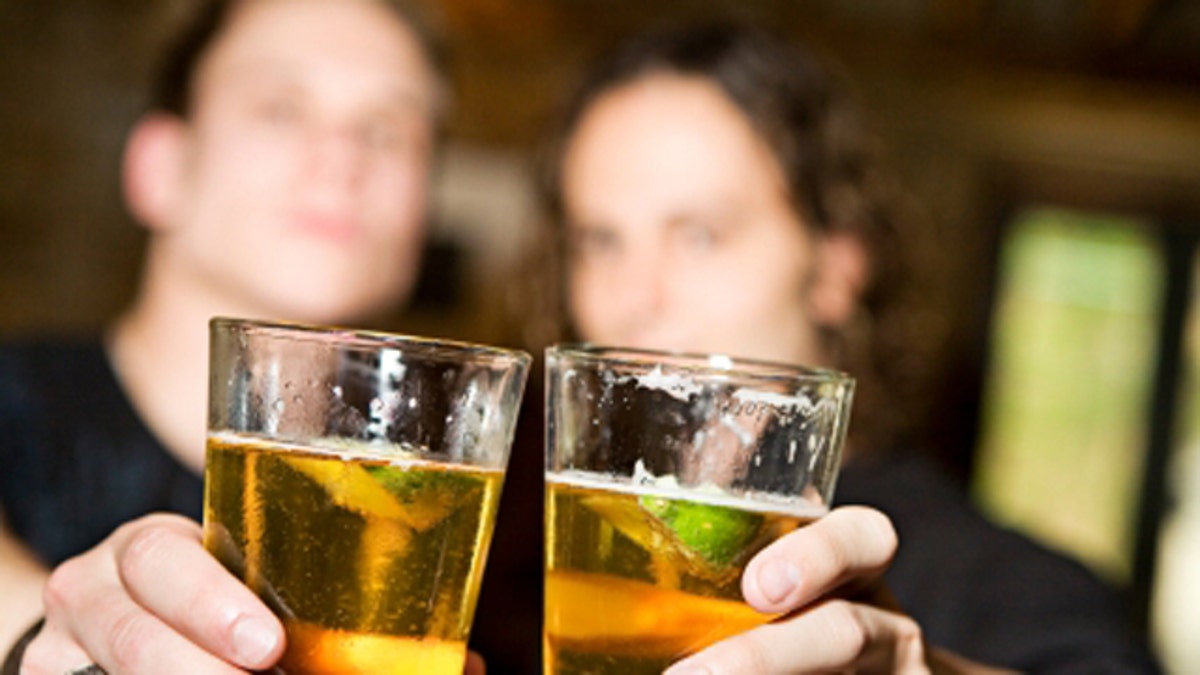
One of the most difficult aspects of combating addiction and other pathological behaviors--including violence--is that it is so often fueled by the psychological weaknesses of more than one person.
The individual diagnosed with alcohol dependence or heroin dependence or compulsive gambling or antisocial personality disorder is often consciously or (more often) unconsciously in an unhealthy synergy with someone who is an "enabler" who is co-dependent with that person.
I have treated dozens of alcoholics, for instance, whose spouses lie for them when they are too drunk to make it to work, or cover for them when they can't make it to their kids' performances, or drink "just one glass of wine" with them three weeks after they get home from detox. I have treated women who swear they had no knowledge whatsoever of their husbands' criminal activities, yet have no rational explanation for how their families lived in splendor or for why they never questioned the procuring of their luxury automobiles or estates. I have talked with "friends" of people who have overdosed on heroin who lent them money through the years and who can't fathom, in retrospect, why they would have done so, knowing the way the money would be used.
At the heart of every enabler is secondary gain. Some seemingly well-meaning husbands and wives indulge their spouses' addictions in order to have a more powerful connection with their children (as the only reliable parent in the house). Some people who swear they are friends of gamblers are actually so fearful of rejection that they would never challenge whether an upcoming trip to a casino is a smart choice. Others (and here is the darker dynamic) actually love being close to risk and ruin and are posing as friends (even believing it themselves), when they are really spectators, getting their fill of wins and losses, without wagering a dime. Some businesspeople are psychologically "driven" to team up with weak partners, then undermine them, in order to never feel like they are themselves the barrier to success.
Are you an enabler? Do you know one? Here are some clues that can help you answer those questions:
* Enablers find themselves, of course, in the company of people who are underperforming in life because of bad habits--whether overeating or drinking too much or taking foolish risks.
* Usually, enablers have found themselves more than once in the position of being seen as the stronger person in a relationship or the victim of someone very close to them.
* Enablers often feel and often state that they are powerless to bring about positive change in someone's life or that the attempt to do so (by, say, drawing boundaries and insisting a spouse either not drink or move out) would be cruel or would have disastrous consequences.
* Enablers generally felt weak and vulnerable during early chapters of their life stories and now wish to feel stronger than the person who they are enabling.
If you are an enabler, get help. Psychotherapy is the gold standard. The goal is to find the roots of your own addiction--to abiding or actually accelerating the destruction of others.
If you find yourself in the company of an enabler, create as much distance as you can from that person. Those who would transfuse themselves with the suffering of others, and take no responsibility for it, are very dangerous people, indeed.
